Next up in my catalogue of teas that make me cry for maocha that can never be is Xiao Yunqing's 2011 Guafengzhai. You knew it was coming - after the Laobanzhang, where else would you go?
Again, this cake doesn't exist in any recognisable form, except for the remains of the day, stored in Yunqing's shop in another little jar. Perhaps the fact that it can never be adds to its allure. "You can love me, but you cannot have me." C'est la vie...
The scent of these small, little leaves is alluringly sweet. This is, basically, everything that's right about Guafengzhai (which is, of course, in the greater Yiwu area). Like all good unaged laoshu maocha in my experience, this one opens into a bright yellow soup.
It was at exactly this stage that I finally got fed up with my zisha cups and switched over to some white versions that we bought in Sichuan around five years ago. I should have made the switch ages ago.
Density. Immense density. It sits in the mouth like a neutron star, its gravitational pull drawing water into the mouth, and sitting in the throat, refusing to be swallowed. It is fresh, vibrant green, and finishes with a hint of butter.
It is absent all bitterness, but still piles on the huigan [returning sweetness]. "Really tasty - very good, and very cooling", notes Lei.
It brews forever, sweet and long. What a good Yiwu. It's a landmark in taste, a great benchmark for comparison of other teas. I am most grateful to Xiao Yunqing for the sample, which accounts for quite a large proportion of the leaves that he has remaining, such is his generosity.
Don't forget to visit Taochaju when you go to Maliandao.
Addendum
September, 2012
Many thanks to PM of white2tea for an opportunity to revisit this lovely cake from Xiao Yunqing.
The wrapper, pictured above, is actually from the 2012 version, which seems to be unavailable at white2tea, having sold out. It sold for $110 per cake. The 2011 version, which I assume is not the same cake as the 2012, arrived with me in the following format:
As ever with cakes from Xiao Yunqing, the leaves are very well-maintained...
Both scent and character in the mouth begin slowly, but build to a dense finish that is sweet and mouthwatering. The third infusion eventually opens into a yet heavier sweetness, with a solid kuwei [good bitterness]. It is self-confident, self-contained, and does not over-reach; in these characteristics, and in its appealing jolliness, it is much like Xiao Yunqing himself.
By the fifth infusion, the scent is fully-developed in the wenxiangbei [aroma cup], and the cake is moving along at full speed. That it takes quite so long to develop perhaps suggest that the leaves are strong, and that they have a good degree of content locked within, requiring time to unleash.
Fun, well-crafted, with no hint of roughness or abrasion, it stays sweet and enjoyable long past a dozen infusions. Perhaps its price-tag is / was rather high, maybe a little beyond its qualities, but it is a great little tea.

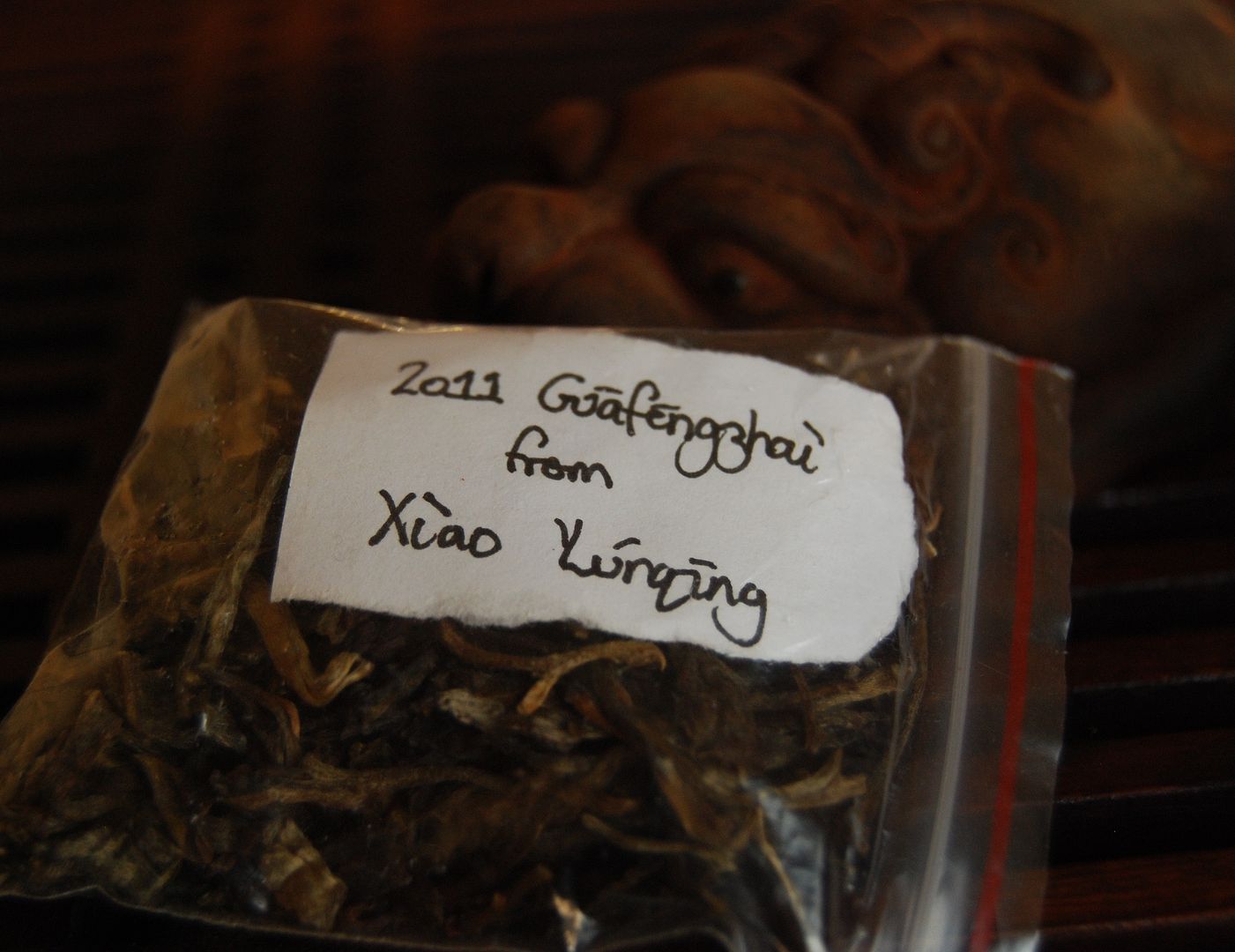
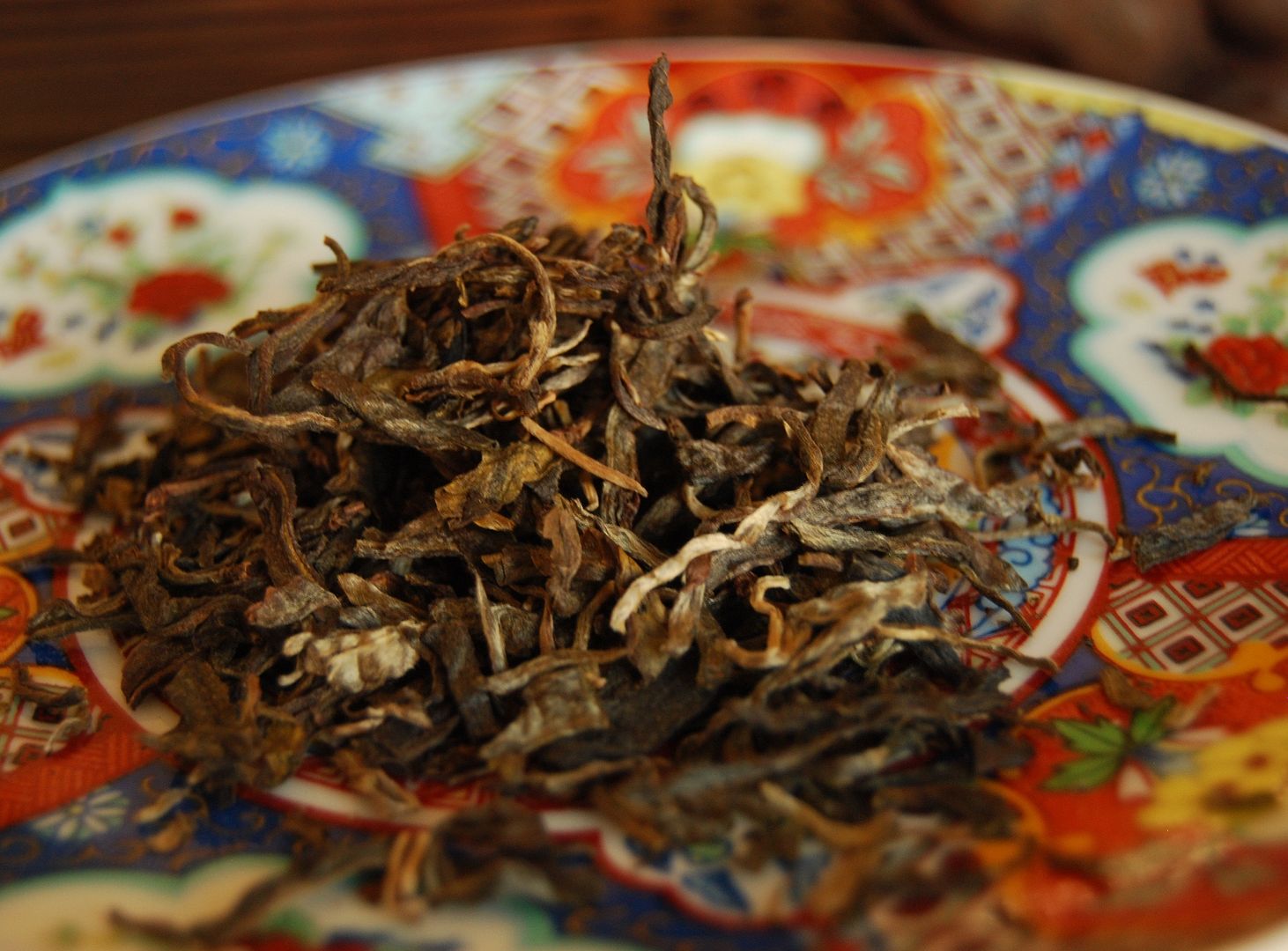
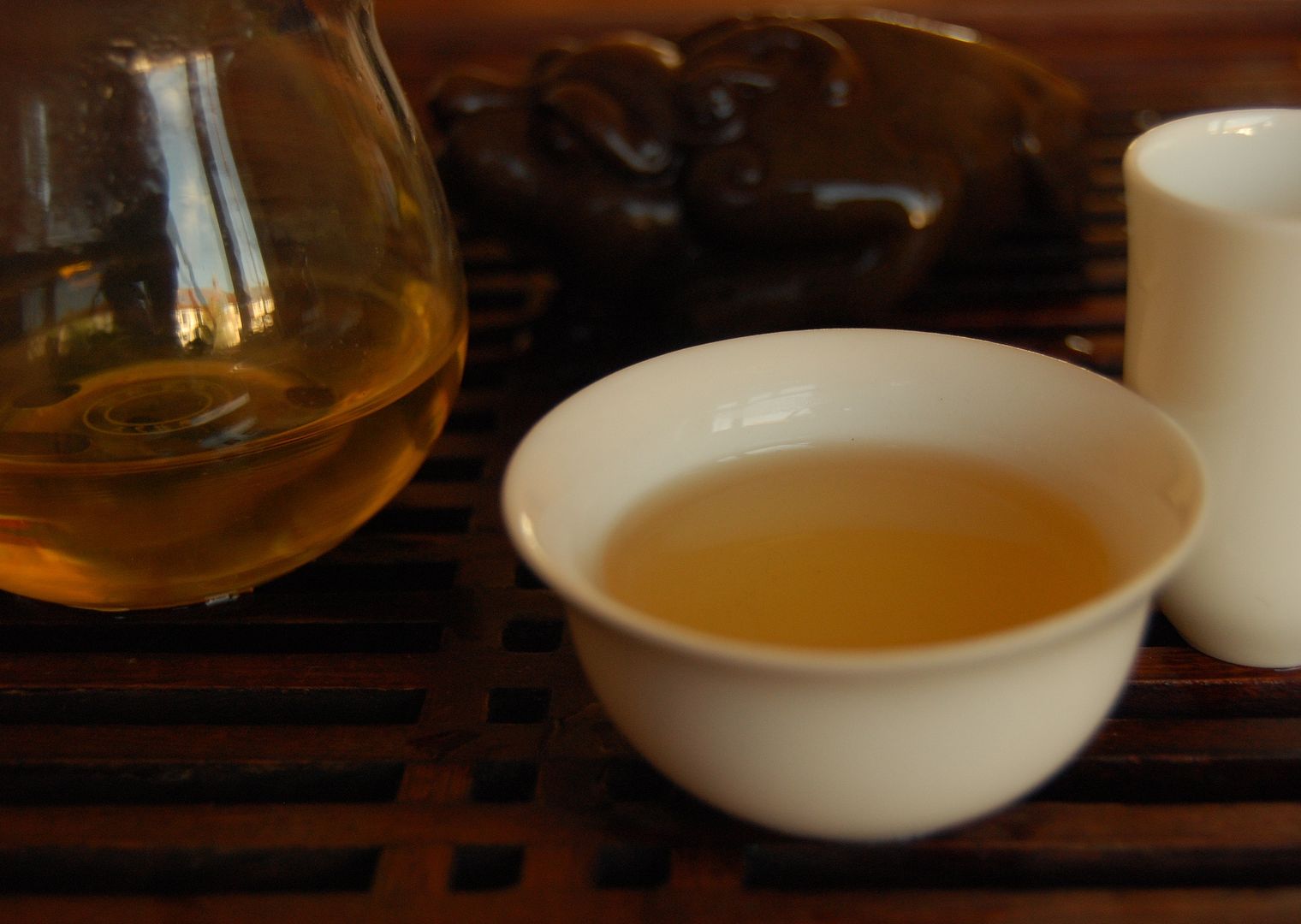
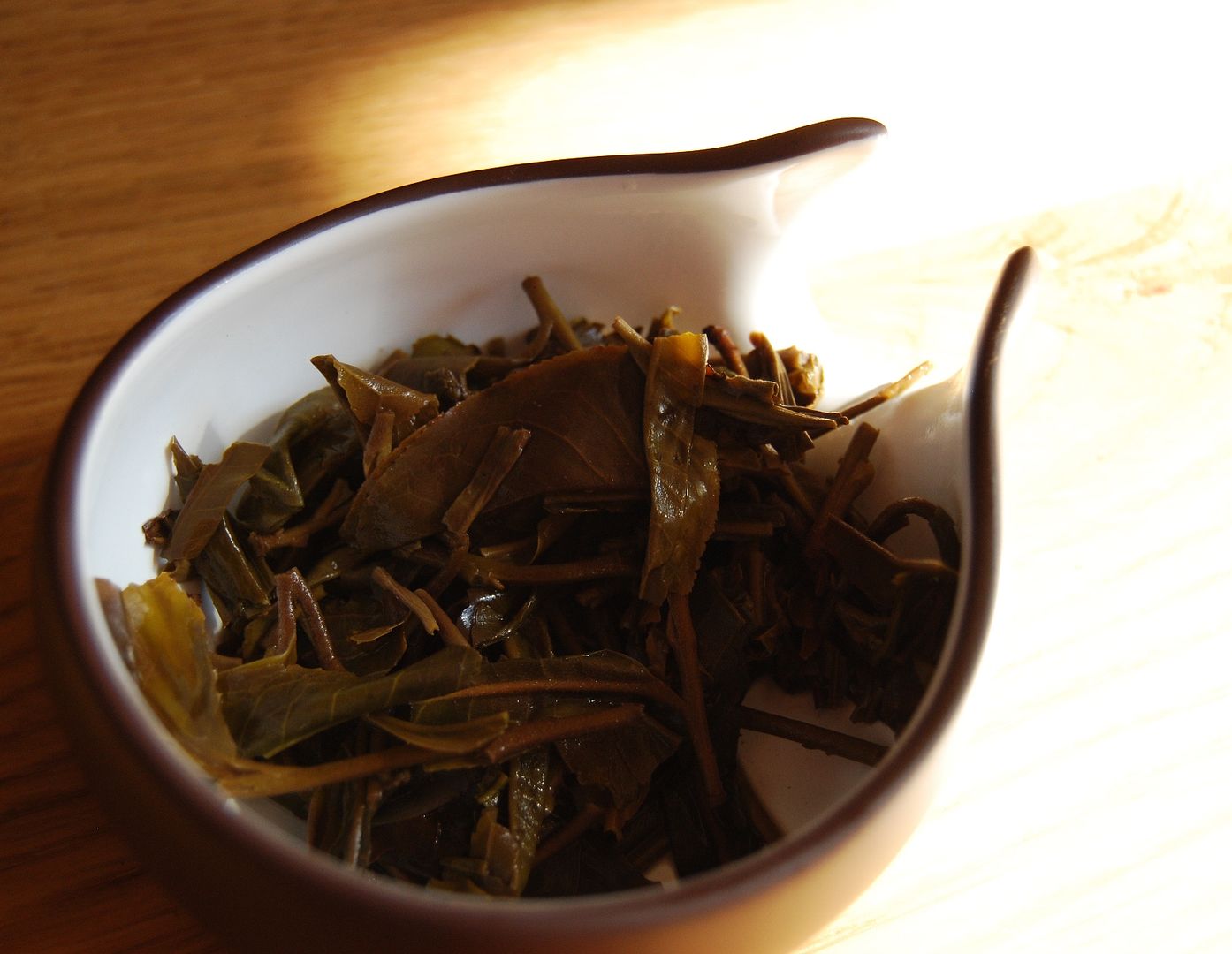
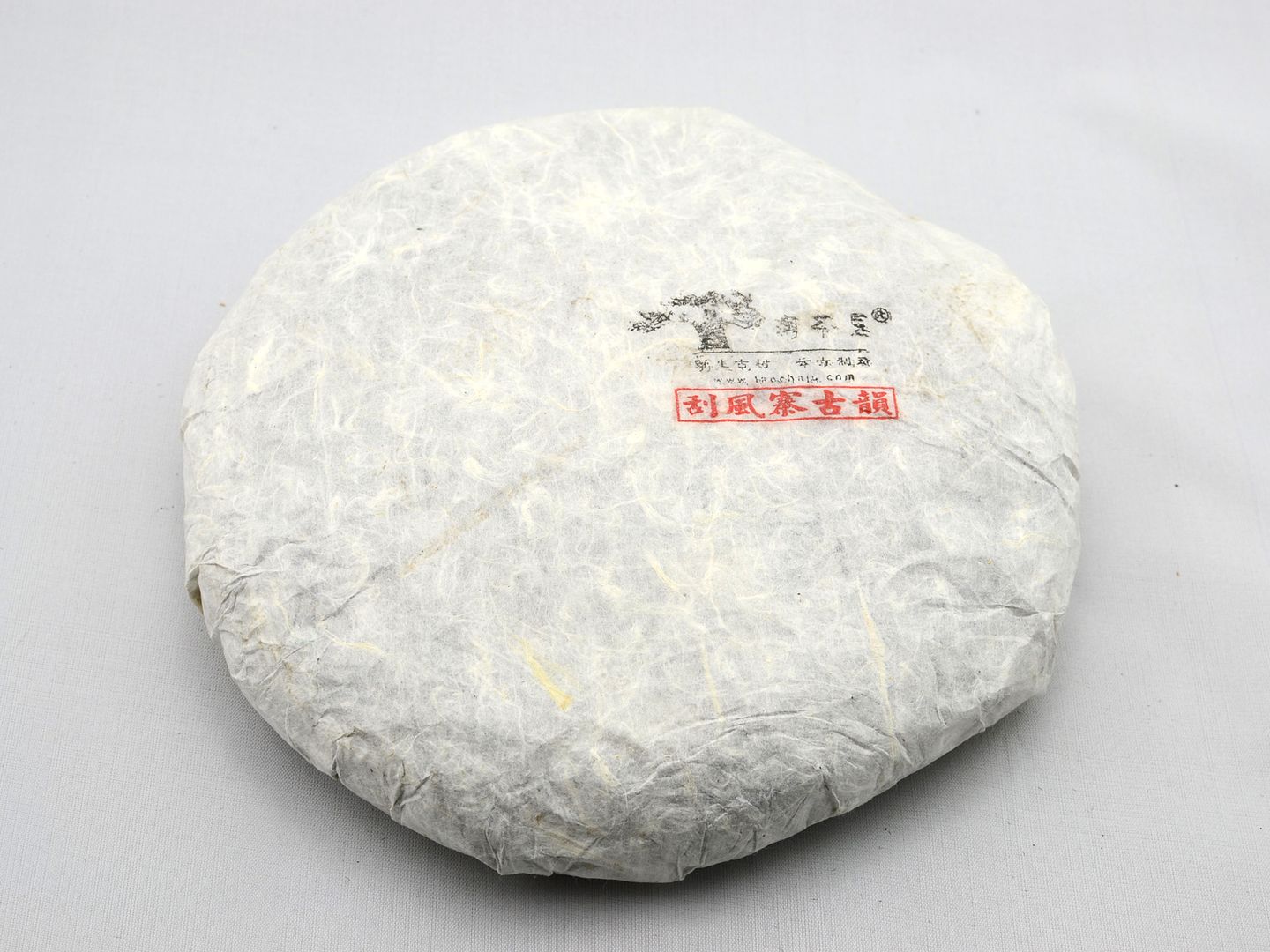
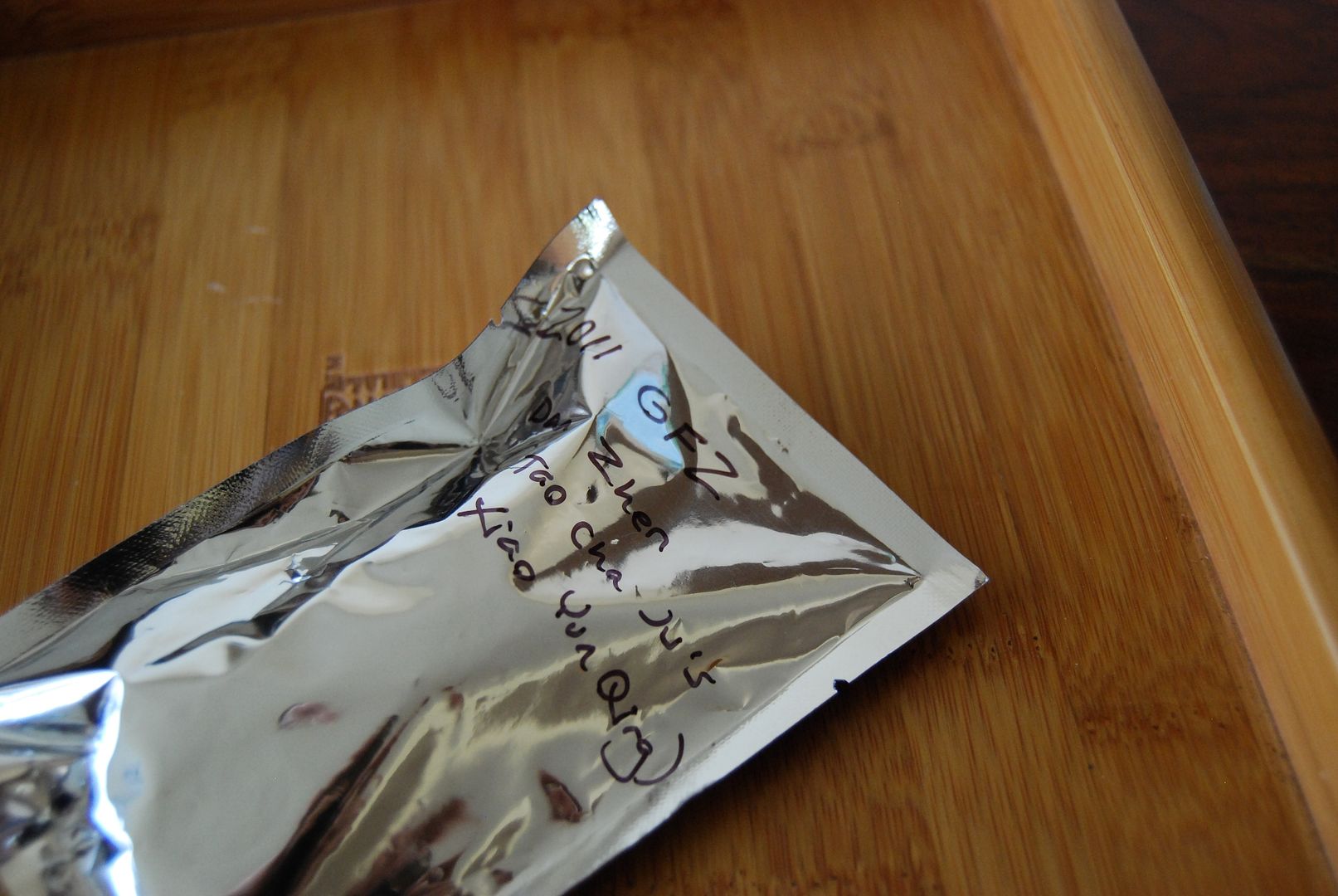
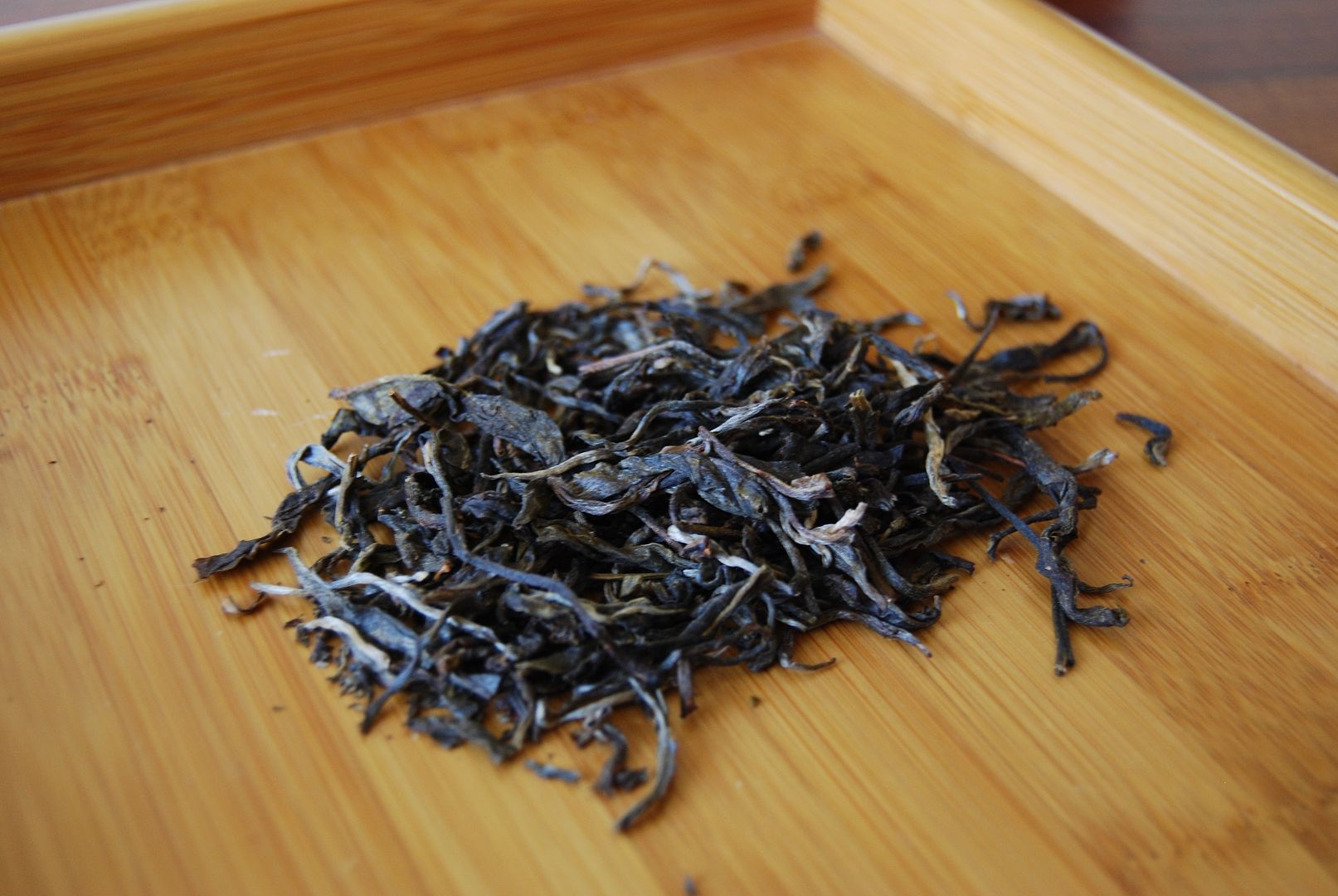
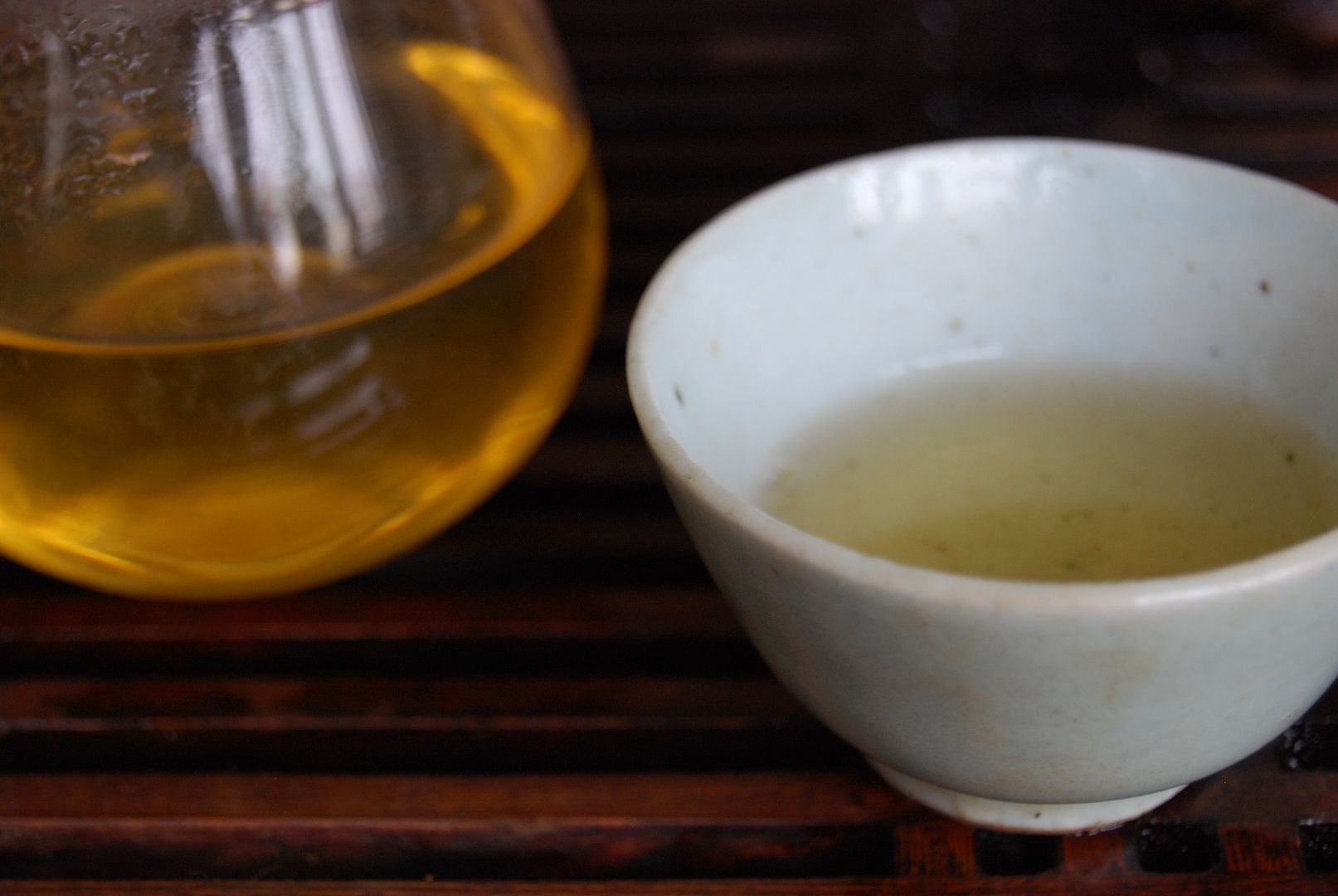
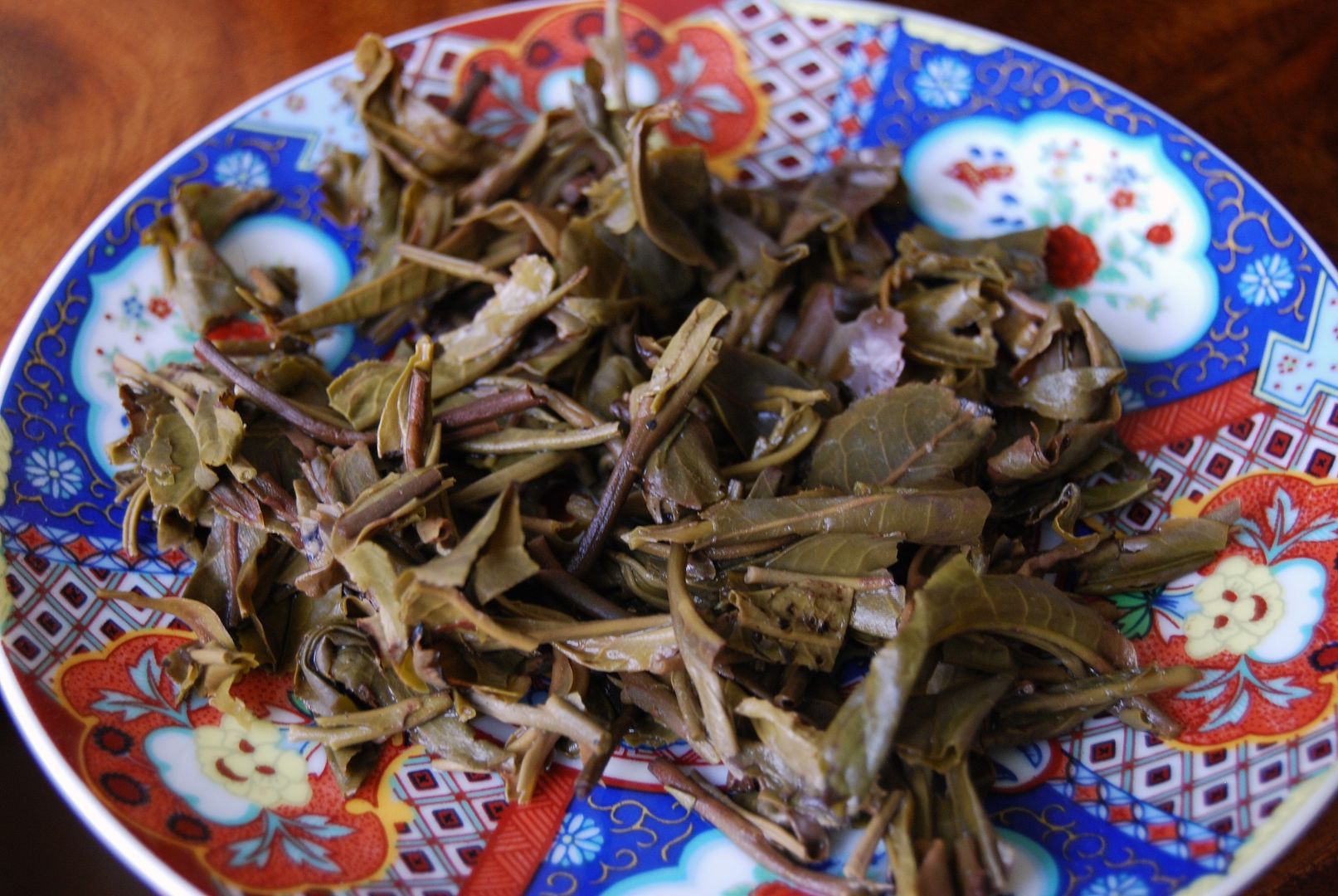
And I suppose the immediate question is, how similar is it to what Nada has produced...
ReplyDeleteDoes sound more or less the same, 'cept I remember a tendency towards some astringency after about 7 brews, which I read is typical of GFZ.
A good Yiwu is a beautiful thing.
--shah8
hmmm, p.s. I'm suspicious that real laoshu GFZ is even more rare than real laoshu LBZ. The limited experience with other GFZ are only vaguely like the Nadacha. You have to do 2006 and before, before GFZ easily actually GFZ, I think...
Dear Shah,
ReplyDeletePerhaps the comparison between Nada's production run and Xiao Yunqing's single cake is a little unfair - as much as both are excellent. They are different, but similar, in the ways in which you might expect - let's leave it at that. :)
Yunqing reminds me rather a lot of the proprietor of Essence of Tea, in fact.
Toodlepip,
Hobbes
Dear Hobbes,
ReplyDeleteHave you considered branching out into science-fiction? "Density. Immense Density." is really very good. It could be the first two lines of an Arthur C Clarke novel. One of the better ones.
Or alternatively, just keep on plugging away at the scientific metaphors; it's rather nice after all the floral bouquets, exotic spices and so forth that populate our tea vocabulary
YOurs etc.
Thanks, Rayuela! I used to write dodgy fantasy (bad Tolkien) if that counts ;D
ReplyDelete